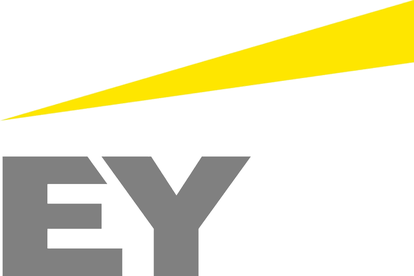Expert: Marie-Laure Humbert, GSAM 

Facilitator: Sara McLeish, EY
- General view around the room from straw poll – with 20 business days to go until implementation, the majority of attendees in the room were in the “on track but in a hurry” category; most regarded MiFID as an opportunity rather than an obstacle; and none regarded it as “as big or bigger” than RDR.
- Many agreed that MiFID II is not dissimilar to the opportunities offered by the Sunset Clause. MiFID is more like Sunset Clause II than RDR II.
- Delegates are relatively positive about MiFID II. It is an opportunity to consolidate and build on the great progress that has been made since RDR and to revisit where you’ve got to post-RDR. It cements some of the trends that were already well underway, such as the shift to passive, consolidation, growth of sub-advisory solutions etc. But agreed we are likely to see more fund managers go out of business due to the costs of doing business.
- Consensus that MiFID II is probably more about bringing the rest of Europe up to the same standards that the UK has got to.
- But, recognition that MiFID is more challenging for some groups than others e.g. it is a “gift” for VIFs and restricted, much more challenging for whole of market.
- There is some frustration that the information the investment houses provide isn’t always correct, and that they can’t always rely on the data. Different investment houses are also following different interpretations of MiFID. It is time-consuming to work through that inconsistency.
- There is widespread concern about “hitting” clients with MiFID in January then again with GDPR in May.
- There was an interesting discussion regarding platform pricing still being too high. Will we see a move to advisers paying the platform fee in recognition of the fact it supports them rather than their client? And it will become part of the “admin fee” just like a back office system?


